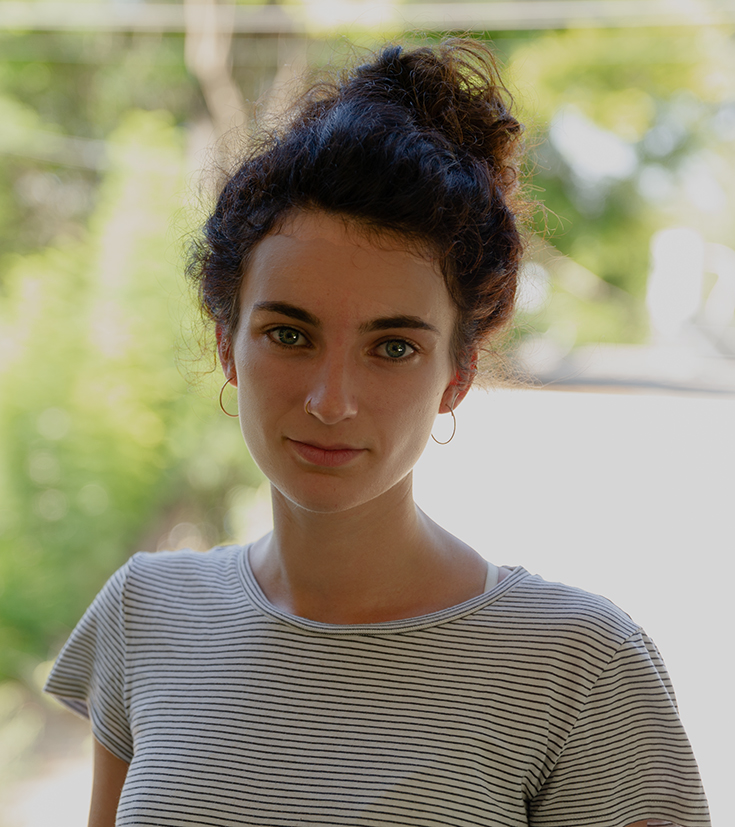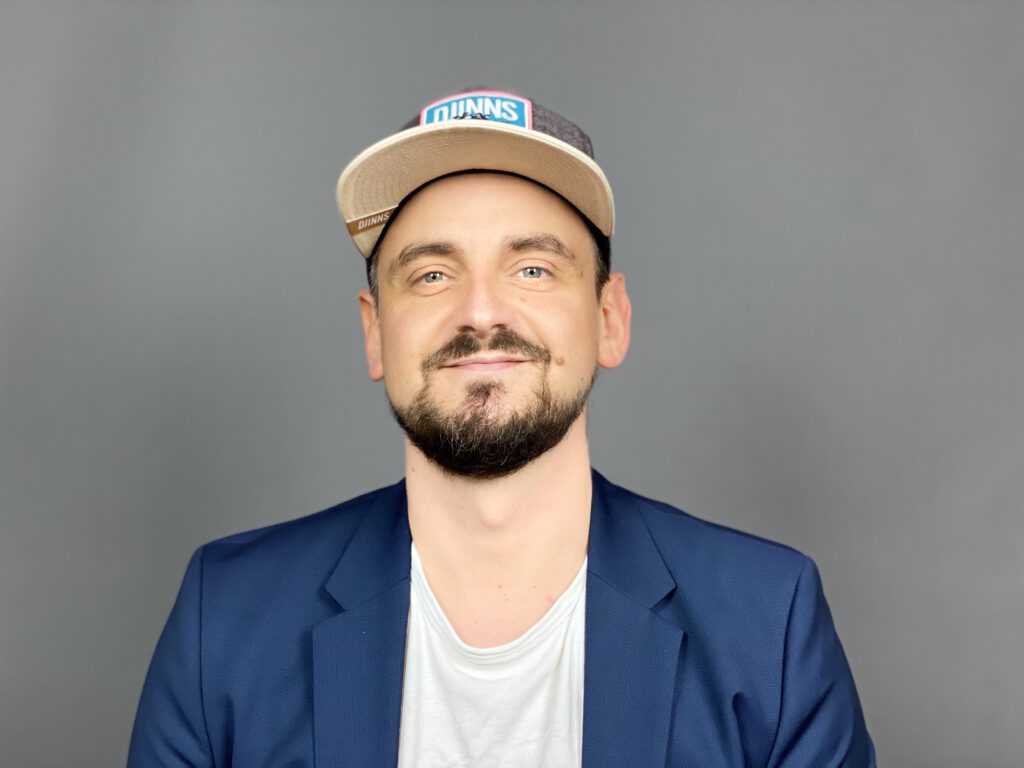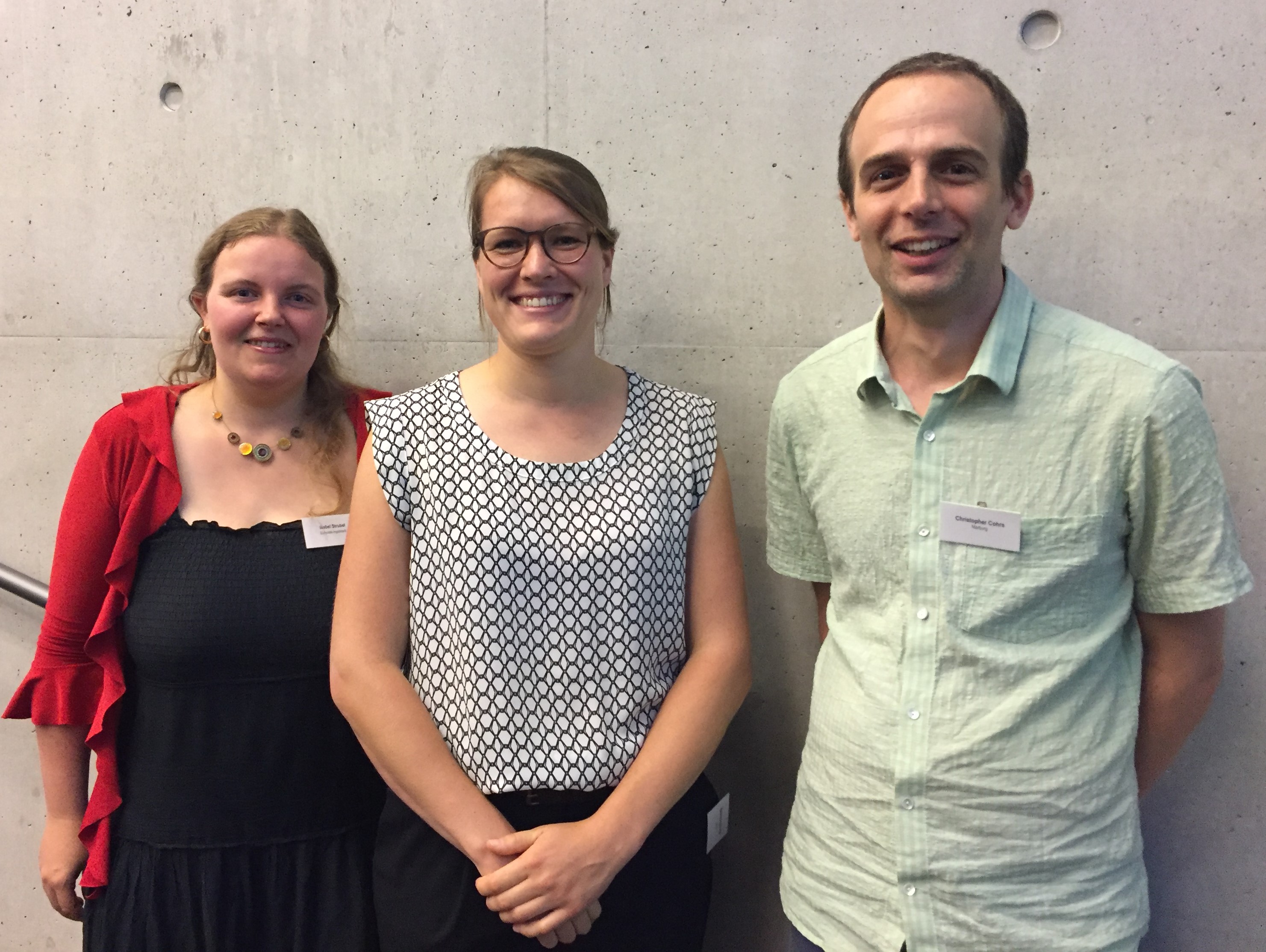January 6th, 2021 – Prof. em. Dr Ulrich Wagner, Marburg, Germany, wagner1@uni-marburg.de , Phone: Germany 0171 380 8830 and others, see below
Open letter
The treatment of refugees violates Human Rights, dehumanizes refugees and endangers European values and security
Dear Ladies and Gentlemen,
The burning of the refugee camp in Moria in October 2020 had drawn attention to the horrendous treatment that refugees are experiencing at the boundaries of Europe: Barred from crossing borders, the refugees are held in overcrowded camps under extremely poor conditions. In sharp contrast to the announcements of the European Community and leading European politicians, nothing has changed at the southern European borders. The relocation of refugees from the camps at the European south to other European countries remains far below the promised numbers – even though these numbers had been embarrassingly low from the beginning. In addition, the reports from Kara Tepe, from the new camp that replaced Moria, and other places describe the situation as worse than before. Politicians in Europe deny any responsibility and point their fingers at fellow politicians whom they say have to move first. Psychologists call such behaviour diffusion of responsibility or even moral disengagement.
The treatment of refugees as currently envisaged and implemented by the European Union and its politicians has negative psychological consequences for all. Subjected to trauma in their countries of origin and often the target of violence during flight, the experience of the refugees and their children is dramatically reinforced by the physical hardship and injustice in the European refugee camps. >From a psychological perspective, the ongoing violation of their Human Rights has consequences for their physical and mental health. Depression, anxiety, post-traumatic stress symptoms and increased suicidality that manifest now or occur over time have been flagged up by more than one study (1).
In addition, given the feelings of rejection and exclusion that characterise refugees’ experiences in the camps, it is no wonder that refugees may become reluctant to identify with the culture that they seek to join (2). Psychological studies unequivocally show that feelings of social exclusion and alienation are among the major preconditions for political extremism and the emergence of terrorist violence (3).Thus, the current European policy, brutal in its rejection of refugees, facilitates political extremism and thereby endangers Europe itself and its inhabitants.
Finally, the current treatment of refugees reaching the borders of Europe is not without strong impact and consequence for European democracy and the values that underpin it. The public read about and see news stories that reveal the orchestrated political diffusion of responsibility – stories that undermine trust in national governments and the European Community. In addition, continuously witnessing the ongoing injustice and mistreatment of refugees diminishes trust in European values. Psychologically one can predict that, faced with the dissonance between their values and observations, the likelihood of the citizens of Europe blaming refugees for their fate and devaluing them rises (4). Put simply, the ongoing mistreatment of refugees can significantly undermine trust and belief in the workings and values of European democracy and lead to a further increase in racism and hate crimes.
From a psychological perspective, the current treatment of refugees reaching the European border has negative consequences for all: for refugees, for European security and the European democratic political system. We therefore strongly recommend that all people involved in the political process of decision making adopt a renewed perspective and act responsibly to bring an end to the inhuman disregard for the human rights that refugees experience.
_______________________________________________
(1) Amiri, S. (2020). Prevalence of suicide in immigrants/refugees: A systematic review and meta-analysis. Archives of Suicide Research, DOI 10.1080/13811118.2020.1802379
Barol, O., Grot, S. Oh, H. et al., (2020). Perceived ethnic discrimination as a risk factor for psychotic symptoms: A systematic review and meta-analysis. Psychological Medicine, 50 (7), 1077-1089.
Blackmore, R., Gray, K., Boyle, J.A., et al. (2020). Systematic review and meta-analysis: The prevalence of mental illness in child and adolescent refugees and asylum seekers. Journal of the American Academy of Child & Adolescent Psychiatry, Vol 59(6), 705-714.
Ziersch, A. (2018). A mixed methods systematic review of studies examining the relationship between housing and health for people from refugee and asylum seeking backgrounds. Social Science & Medicine, 213, 199-219.
(2) Gerber, J., & Wheeler, L. (2009). On being rejected: A meta-analysis of experimental research on rejection. Perspective on Psychological Science, 45, 468-488.
(3) Doosje, B., Moghaddam, F.M., Kruglanski, A.W., de Wolf, A., Mann, L., & Feddes, A.R. (2016). Terrorism, radicalization and de-radicalization. Science Direct, 11, 79‒84. doi: 10.1016/j.copsyc.2016.06.008
Pfundmair, M., Aydin, N., & Frey, D. (2017). Whatever? The effect of social exclusion on adopting persuasive messages. The Journal of Social Psychology, 157, 181-193.
Wagner, U. & Lemmer, G. (2019). Extremistische Gewalt. Praxis der Rechtspsychologie, 29, 5-22.
(4) Lerner, M. (1989). The belief in a just world. New York: Springer.
Sincerely
- Prof. em. Dr Ulrich Wagner, Marburg, Germany, Social Psychologist, wagner1@uni-marburg.de , Phone: Germany 0171 380 8830
- Dr Derek Indoe, Bath, England, Consultant Clinical and Forensic Psychologist BABCP Accredited Cognitive Behavioural Therapist and European Accredited EMDR Consultant
- Prof. Dr Hanna Christiansen, Marburg, Germany, Clinical Child and Adolescent Psychologist
- Prof.em.Dr. Jorge Vala, Lisboa, Portugal, Social Psychologist
- Assistant Prof. Dr Marlena Plavšić, Pula, Croatia, Psychologist
- Prof. Dr Teresa Garcia-Marques, Lisboa, Portugal, Social Psychologist
- Prof. Dr. Klaus Boehnke, Bremen, Germany, Social Science Methodology
- Prof. Dr. Maarten van Zalk, Osnabrück University, Germany, Developmental Psychologist
- Prof. Dr. Eva Walther, Trier, Germany, Social Psychologist
- Prof. Dr. Julia Becker, Osnabrueck, Germany, Social Psychologist
- Prof. Dr. Andreas Zick, Director of the Institute for Interdisciplinary Research on Conflict and Violence at Bielefeld University
- Maria-Therese Friehs, M. Sc., Landau, Germany, Social, Educational and Developmental Psychologist
- Prof. Dr. Kai Sassenberg, Tübingen, Germany, Social Psychologist
- Prof. Dr. Mathias Kauff, Hamburg, Germany, Social psychologist
- Dr. Helen Landmann, Berlin, Germany, Community Psychologist
- Prof. Dr. Christopher Cohrs, Marburg, Germany, Social Psychologist
- Prof. Dr. Juliane Degner, Hamburg, Germany, Social Psychologist
- Prof. em. Håkan Stattin, Uppsala, Sweden, Psychology
- Drs. Polli Hagenaars, Amsterdam, The Netherlands, Private practice, licensed health psychologist
- Prof.Dr. Rolf van Dick, Frankfurt, Germany, Social Psychologist
- Associate professor Dr. Anna Kende, Budapest, Hungary, Social Psychologist
- Prof. Dr. Gerhard Reese, Landau/Berlin, Germany, Environmental and Social Psychologist
- Dr. Judith Lanphen, Mönchengladbach, Germany, School Psychologist
- Dr. Luca Caricati, Social Psychologists, Parma, Italy
- Dr. Michał Bilewicz, Warsaw, Poland, Social Psychologist
- Adrian Rothers (MSc / PhD candidate), Marburg, Germany, Social Psychology
- Prof. dr. Susan Branje, Utrecht, The Netherlands, Developmental Psychology/Educational Science
- Dr. Patrick Kotzur, Durham, UK, Social Psychologist
- Pr. Vincent Yzerbyt, Brussels, Belgium, Social Psychologist
- Dr. Mathias Schmitz, Leuven, Beligum, Social Psychologist
- Carmen Lienen, Frankfurt, Germany, Social Psychologist
- Prof. Dr. Frank Asbrock, Chemnitz, Germany, Social Psychologist
- Dr. Franziska Ehrke, Landau, Germany, Social Psychologist
- M.Sc. Zahra Khosrowtaj, Marburg, Germany, Psychologist
- Dr. Nadine Knab, Tel Aviv, Israel, Social Psychologist
- Prof. em. Gert Sommer, Marburg, Germany, Clinical Psychologist
- Prof. i.R. Dr. Karin Schermelleh-Engel, Frankfurt, Germany, Quantitative Psychologist
- Dr. Klaus Harnack Münster, Germany, I&O-Psychologist
- Rupert Brown, Brighton, UK, Emeritus Professor of Social Psychology
- Prof. Dr. Markus Hausmann, Durham, UK, Psychologist
- Prof. Dr. Sarah Teige-Mocigemba, Marburg, Germany, Psychological Diagnostics
- Dr. Rita R. Silva, Lisbon, Portugal, Social Psychologist
- Prof. Melanie Steffens, Landau, Germany, Social Psychologist
- MSc, Inga Lisa Pauls, Marburg, Germany, Social Psychologist
- Prof. em. Dr. Ewa Drozda-Senkowska, Paris, France, Social Psychologist
- Dr Jens H. Hellmann, Münster, Germany, Social Psychologist
- Dr. Silvana Weber, University of Erlangen-Nuremberg, Germany, Social Psychology
- Elena Ball, PhD student, Landau, Germany, Social Psychology
- Juma Kalyegira, Bremen, Germany, Clinical Psychologist
- Dr. Mariana Miranda, Lisbon, Portugal, Social Psychologist
- Stefanie Richters, Osnabrück, Germany, Social Psychologist
- Dr. Maja Kutlaca, Durham, UK, Social Psychologist
- Dr. Ulrich Klocke, Berlin, Germany, Social Psychologist.
- Dr. Sarina Schäfer, Hagen, Germany, Social Psychologist
- Prof. Dr. David D. Loschelder, Lüneburg, Germany, Social Psychologist
- Prof. Dr. Michaela Pfundmair, Berlin, Germany, Psychologist of Intelligence and Security Studies
- Dr. Ralf Wölfer, Oxford, UK & Berlin, Germany, Social Psychology
- M. Sc. Paul Bacher, Marburg, Germany, Social Psychologist
- M.Sc. Katja Wehrle, Giessen, Germany, Work and Organizational Psychologist
- Dr. Jost Stellmacher, Marburg, Germany, Pedagogical and Social Psychologist
- Dr. Gunnar Lemmer, Marburg, Germany, Social Psychologist and Statistician
- Prof. Dr. Oliver Christ, Osnabrück, Germany, Social Psychologist
- Prof. Dr Juan M. Falomir-Pichastor, Geneva, Switzerland, Social Psychologist”
- M. Sc. Christine Ebbeler, Cologne, Germany, Social Psychologist
- Dr. Lea Hartwich, Osnabrück, Germany, Social Psychologist
- MSc Larissa Knöchelmann, Marburg, Germany, Social Psychologist
- Prof. Dr Eva G.T. Green, Lausanne, Switzerland, Social psychologist
- Nils Tobias Henschel, Bremen, Germany, Social Psychologist
- Dr. Emanuele Politi. Leuven, Belgium. Social psychologist
- Karel Héritier, Lausanne, Switzerland, Social Psychologist
- PD Dr. Daniela Niesta Kayser, Potsdam, Germany, Social Psychologist
- Orgun Oezcan, Cologne, Germany, Social Psychologist
- Dr Masi Noor, Keele, UK, Social Psychologist
- Prof. Dr. Erik M. Müller, Marburg, Germany, Differential Psychology
- Prof. Dr. Tobias Banaschweski, Mannheim, Germany, child and adolescent psychiatrist
- Prof. Dr. Barbara van den Hoofdakker, Groningen, The Netherlands, clinical psychologist
- Prof. Dr. Jan Buitelaar, Nijmegen, The Netherlands, child and adolescent psychiatrist
- Prof. Dr. Rita Rosner, Eichstätt-Ingolstadt, Germany, clinical psychologist
- Dr. Heidi Aase, Director Norwegian Institute of Public Health, psychologist
- Prof. Dr. Marjolein Luman, Amsterdam, psychologist, clinical neuropsychology
- Prof. Dr. Alessandro Zuddas, Cagliari, child and adolescent psychologist
- Prof. Dr. Søren Dalsgaard, Aarhus, Denmark, Psychiatric epidemiology, Child and Adolescent Psychiatrist
- PD Dr. Björn Albrecht, Marburg, Germany, Psychologist
- Prof. Dr. Ursula Pauli-Pott, Marburg, Germany, child and adolescent psychologist
- Prof. Dr. Louise Poustka, Göttingen, Germany, child and adolescent psychiatrist
- Prof. Dr. David Daley, University of Nottingham, UK, psychologist
- PD Dr. Sarah Hohmann, Mannheim, Germany, child and adolescent psychiatrist
- Dr. Maite Ferrin, University of Southamptom, UK, child and adolescent psychiatrist
- Dr. Mira-Lynn Chavanon, Marburg, Germany, clinical child and adolescent psychologist
- Prof. Dr. Daniel Brandeis, Mannheim, Germany, psychologist
- Prof. Dr. Therese van Amelsvoort, Maastricht University, The Netherlands, psychiatrist
- Prof. Dr. Philip Asherson, London, UK, psychologist
- Prof. Dr. Sarah Curran, London, UK, child and adolescent psychiatrist
- Prof. Dr. Chris Hollis, Nottingham, UK, child and adolescent psychiatrist
- Prof. Dr. Catharina Hartmann, Groningen, The Netherlands, psychologist
- Prof. Dr. Daniel Heck, Marburg, Germany, psychologist
- Prof. Dr. Emily Simonoff, London, UK, child and adolescent psychiatrist
- Prof. Dr. Corinna Reck, München, Germany, clinical child and adolescent psychologist
- Prof. Dr. Ana Miranda, Valencia, Spain, psychologist
- Dr. Kristin Gilbert, Marburg, Germany, clinical psychologist
- Prof. Dr. Christina Schwenck, Gießen, Germany, clinical child and adolescent psychologist
- Prof. Dr. Alexandra Philipsen, Bonn, Germany, psychiatrist
- Prof. Dr. Giovanni de Girolamo, Brescia, Italy, psychiatrist
- Prof. Dr. Ulrike Lüken, Berlin, Germany, clinical psychologist
- Prof. Dr. Jürgen Margraf, Bochum, Germany, clinical psychologist
- Prof. Dr. Barbara Franke, Nijmegen, The Netherlands, psychiatry
- Prof. Dr. Roeljan Wiersema, Ghent, Belgium, psychologist
- Dr. Cornelia Soff, Marburg, Germany, clinical child and adolescent psychologist
- Prof. Dr. Herbert Roeyers, Ghent, Belgium, clinical psychologist
- Prof. Dr. Anselm B. Fuermeier, Groningen University, The Netherlands, psychologist
- Prof. Simona Giordano, Manchester, UK, Professor of Bioethics
- Prof. Dr. Jonna Kuntsi, London, UK, psychologist
- Dr. Alexander Häge, Mannheim, Germany, child and adolescent psychiatrist
- Prof. Dr. Martin Hotlmann, Bochum, child and adolescent psychiatrist





